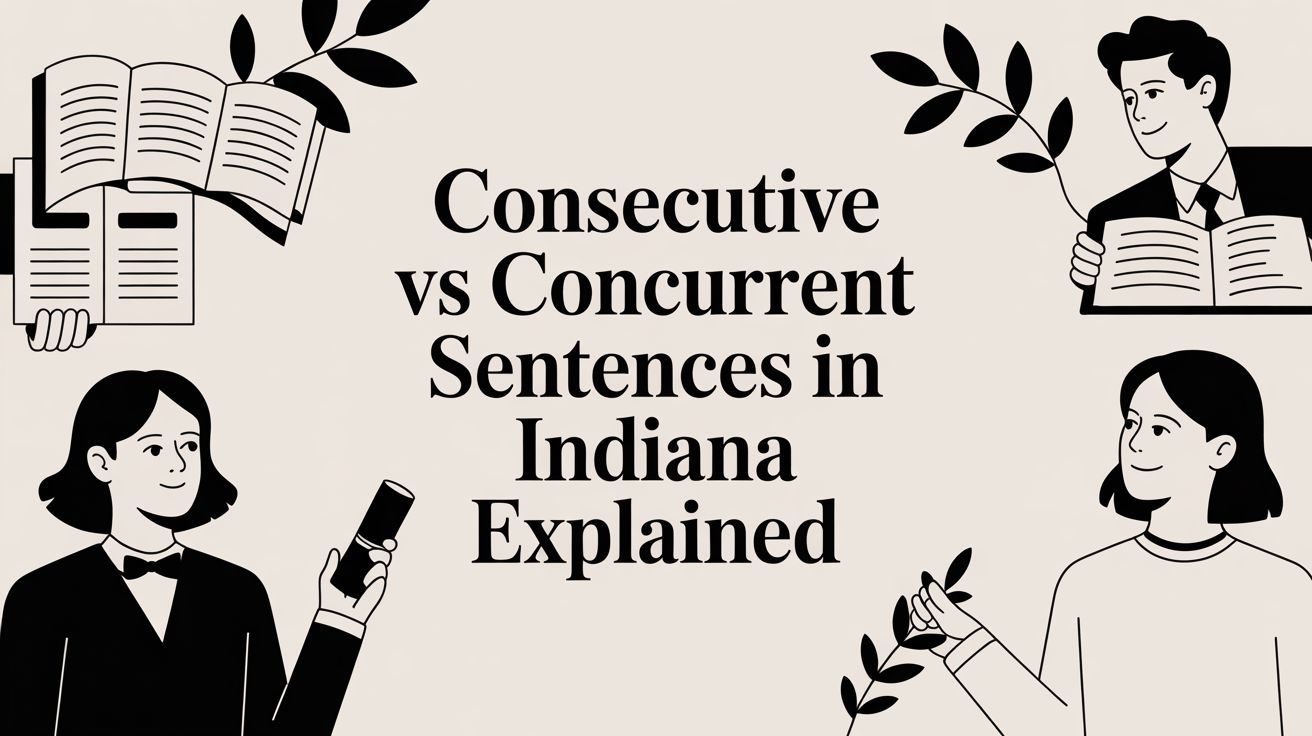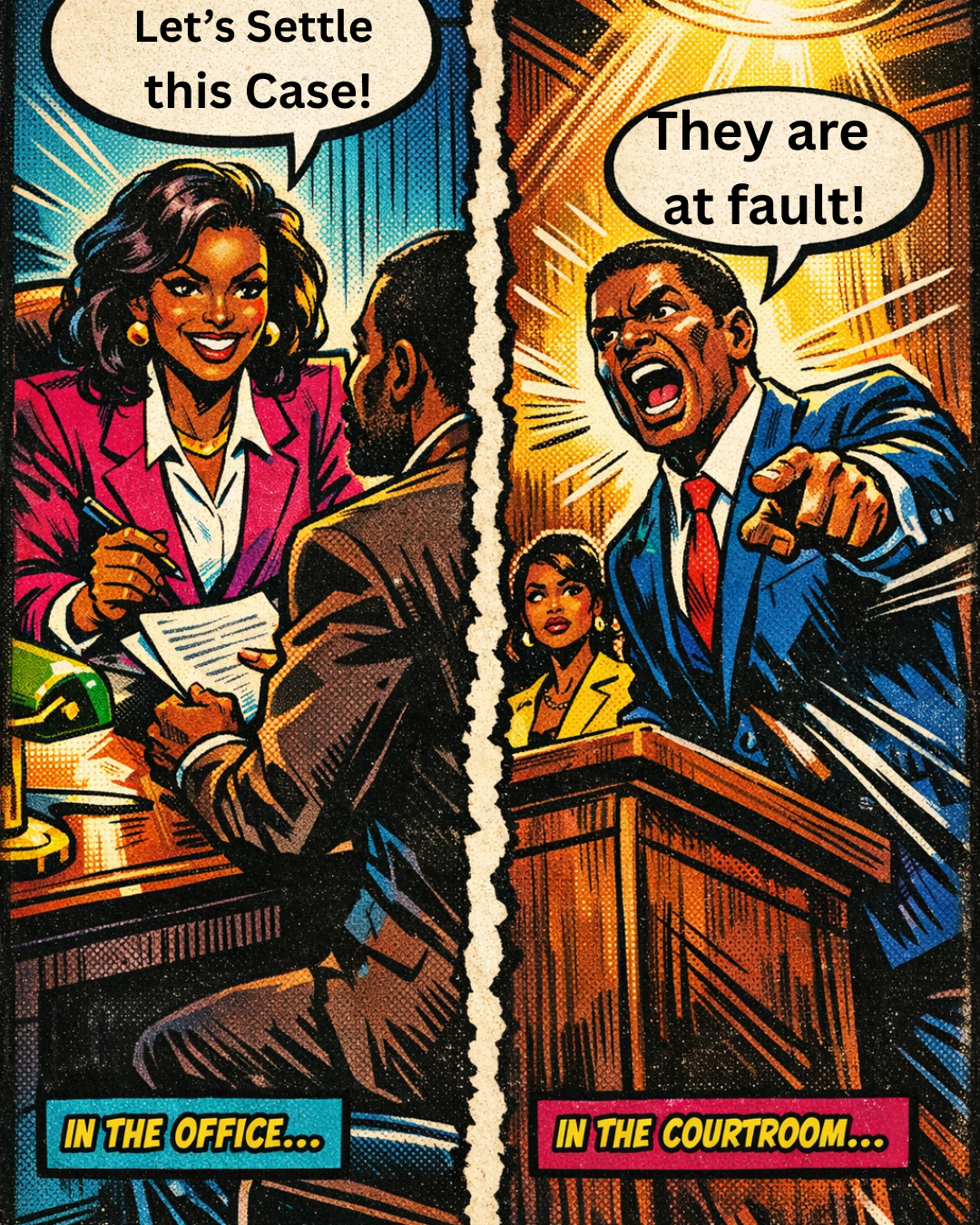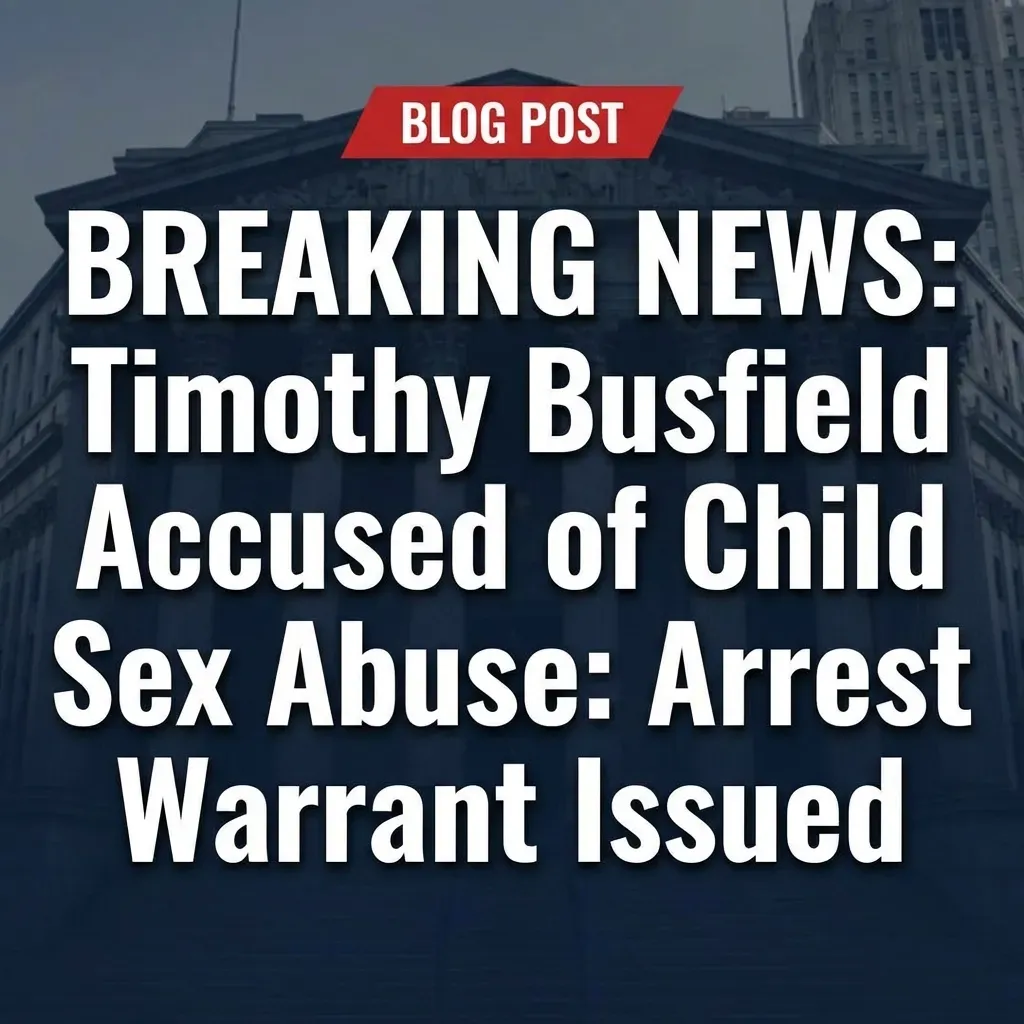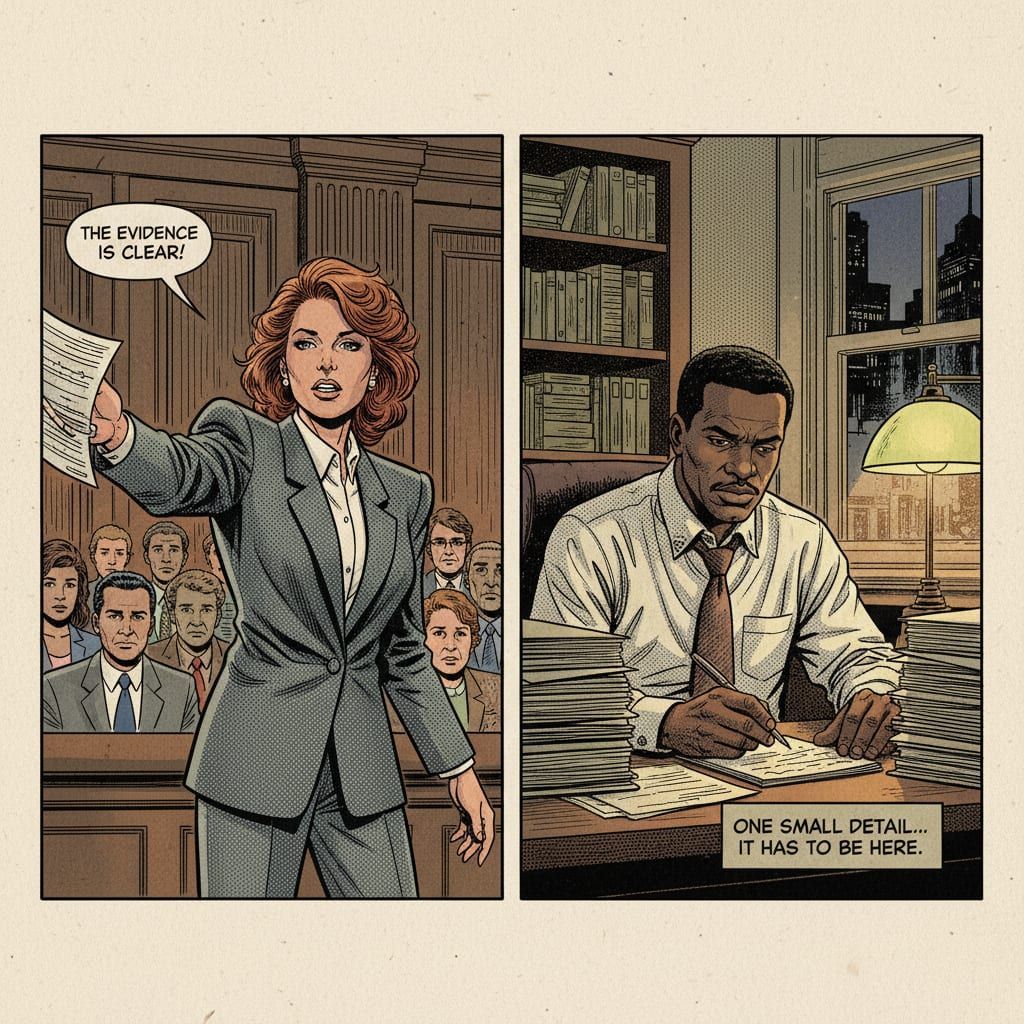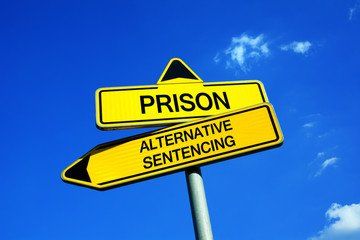Indiana Revenge Porn Law Explained
Indiana Revenge Porn Law: What You Need to Know
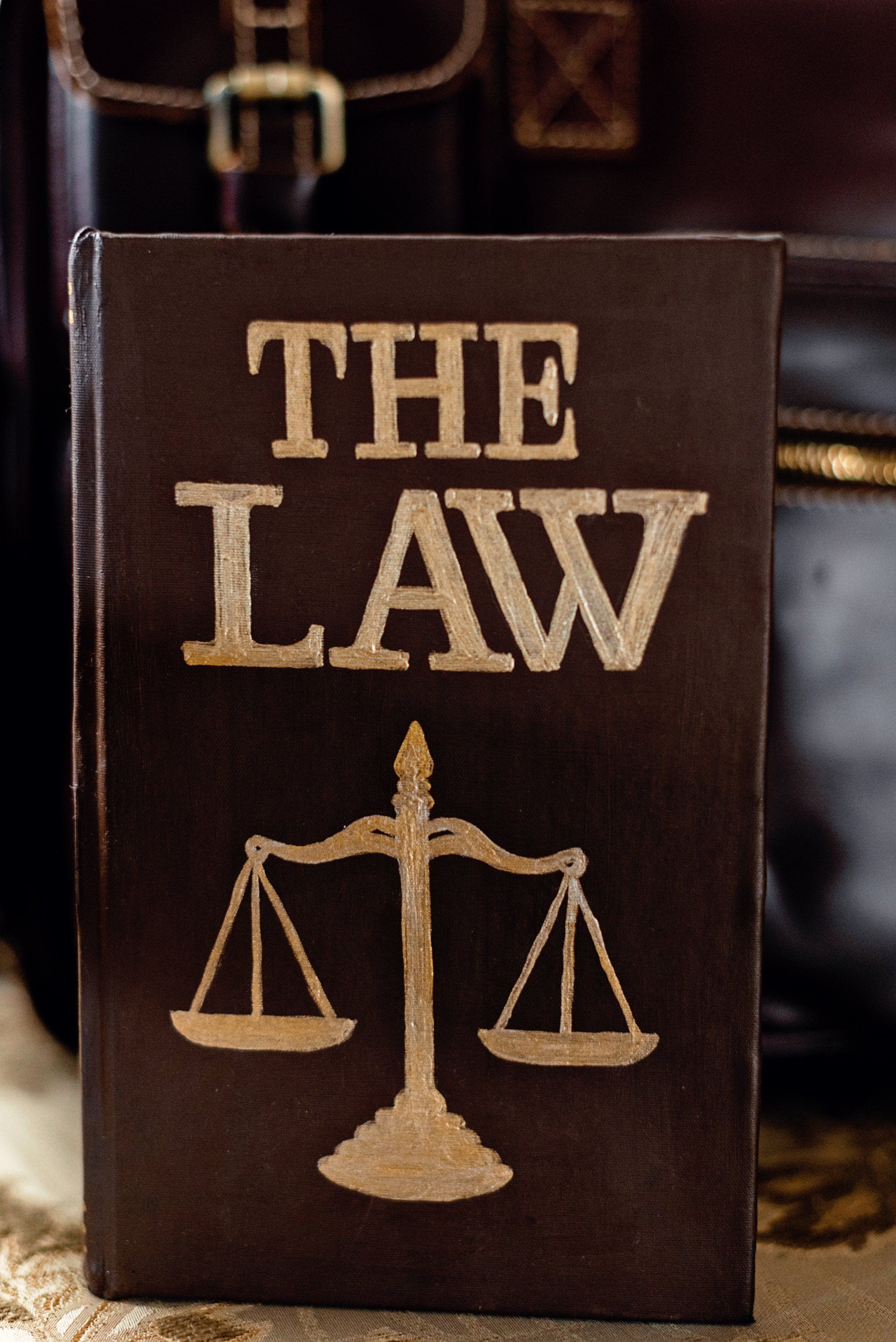
Revenge porn is a form of harassment, often used to exploit and humiliate individuals by sharing unauthorized intimate images or videos. Indiana is one of the many states that have enacted revenge porn laws to protect individuals against such acts of cybercrime. In this blog, we will explore the nitty-gritty details of Indiana's revenge porn law, its legal implications, and how it is enforced in the state. We will also delve into some landmark court decisions that have upheld the law and discuss the remedies available to victims of revenge porn in Indiana. If you want to know more about your rights and protections under Indiana's law, keep reading!
Understanding the Law
Revenge porn, also known as the unauthorized sharing of intimate images without consent, is a harmful act that can cause devastating emotional and psychological effects on victims. This violation of privacy can result in reputational damage and harassment. It is important to understand the serious consequences of this act and the impact it has on individuals. By educating ourselves about this issue, we can work towards preventing and addressing this issue effectively.
The Emergence of Indiana Revenge Porn Law
The laws emerged as a response to the increasing prevalence of this issue. Many states, including Indiana, have enacted legislation to address revenge porn. These laws aim to protect victims and hold perpetrators accountable for their actions. The emergence of these laws signifies a recognition of the serious harm caused by non-consensual sharing of intimate images and the need for legal measures to address this issue. By enacting legislation, states are taking a proactive approach to combat this issue and ensure justice for victims.
What is Indiana's Revenge Porn Law?
Indiana's law prohibits the unauthorized disclosure of intimate images, whether in digital or physical form. The intimate images are usually sexual intercourse, showing genitals and could be shared on Snapchat or some other internet platform. Those who violate the I.C. 35-45-4-8 can face criminal charges and potential jail time for the unauthorized sharing of sexual conduct images. The statute aims to protect individuals from the harmful consequences of this act.
The Legal Implications
The Indiana Supreme Court, in a ruling, declared that revenge porn laws in the state are constitutional. By determining that this activity does not fall under protected speech according to the First Amendment, the court reinforced the state's commitment to safeguarding individuals from harm. This decision solidifies the state's compelling interest in maintaining public health and protecting the privacy and well-being of its residents. The ruling by the Indiana Supreme Court sets an important precedent in addressing the legal implications.
Does Indiana's Revenge Porn Law Violate the First Amendment?
Indiana's law and the First Amendment have sparked a debate about freedom of speech. Critics argue that the law infringes upon this right, but the Indiana Supreme Court has upheld its constitutionality. Applying strict scrutiny, the court found that the statute serves a compelling government interest.
Key Court Decisions Upholding Indiana Revenge Porn Law
The Indiana Supreme Court's landmark decision in Katz v. Indiana established a precedent for upholding the state's staute. This case clarified the legal framework surrounding revenge porn by determining that it is not protected by the First Amendment under the United States Constitution. The court's ruling solidified that this falls outside the realm of free speech and is subject to legal consequences. The State's hight court decision has had a significant impact on how these cases are handled.
How is it Enforced?
Police agencies in Indiana play a crucial role in upholding the laws. Victims can report incidents to local police, who will then investigate and take legal action. Perpetrators can be charged, prosecuted, and potentially convicted.
Cases and Consequences: Indiana Revenge Porn Law
People who engage in such acts have faced significant consequences from a felony or misdemeanor charge, including fines, probation, and imprisonment. These cases shed light on the serious nature of this issue and the importance of legal intervention. The convictions serve as a reminder of the need to protect individuals from the harmful effects of non-consensual posting and sharing of intimate images. Justice Mark Massa of the Indiana Supreme Court emphasized the state's compelling interest in safeguarding public health and preventing harm caused by revenge porn.
What are the Remedies for Victims of Indiana Revenge Porn Law?
Victims in Indiana have access to legal remedies. They can seek protection orders, file civil lawsuits, and request image removals. These measures aim to provide justice and support for victims of this harmful act.
Conclusion
In conclusion, Indiana's law was enacted to protect individuals from the harmful and non-consensual sharing of intimate images. It serves as a legal tool to hold people accountable and seek justice for victims. The law acknowledges the serious emotional and psychological harm caused by this and provides remedies for victims, such as civil action and criminal charges. By enforcing this statute, Indiana aims to create a safer and more respectful online environment for its residents. If you or someone you know has been a victim of revenge porn, it is important to understand your rights and seek legal assistance to ensure justice is served.
Contact Attorney Mark Nicholson
If you need an attorney to help you navigate this situation, contact the Law Office of Mark Nicholson at 317-219-3402.


